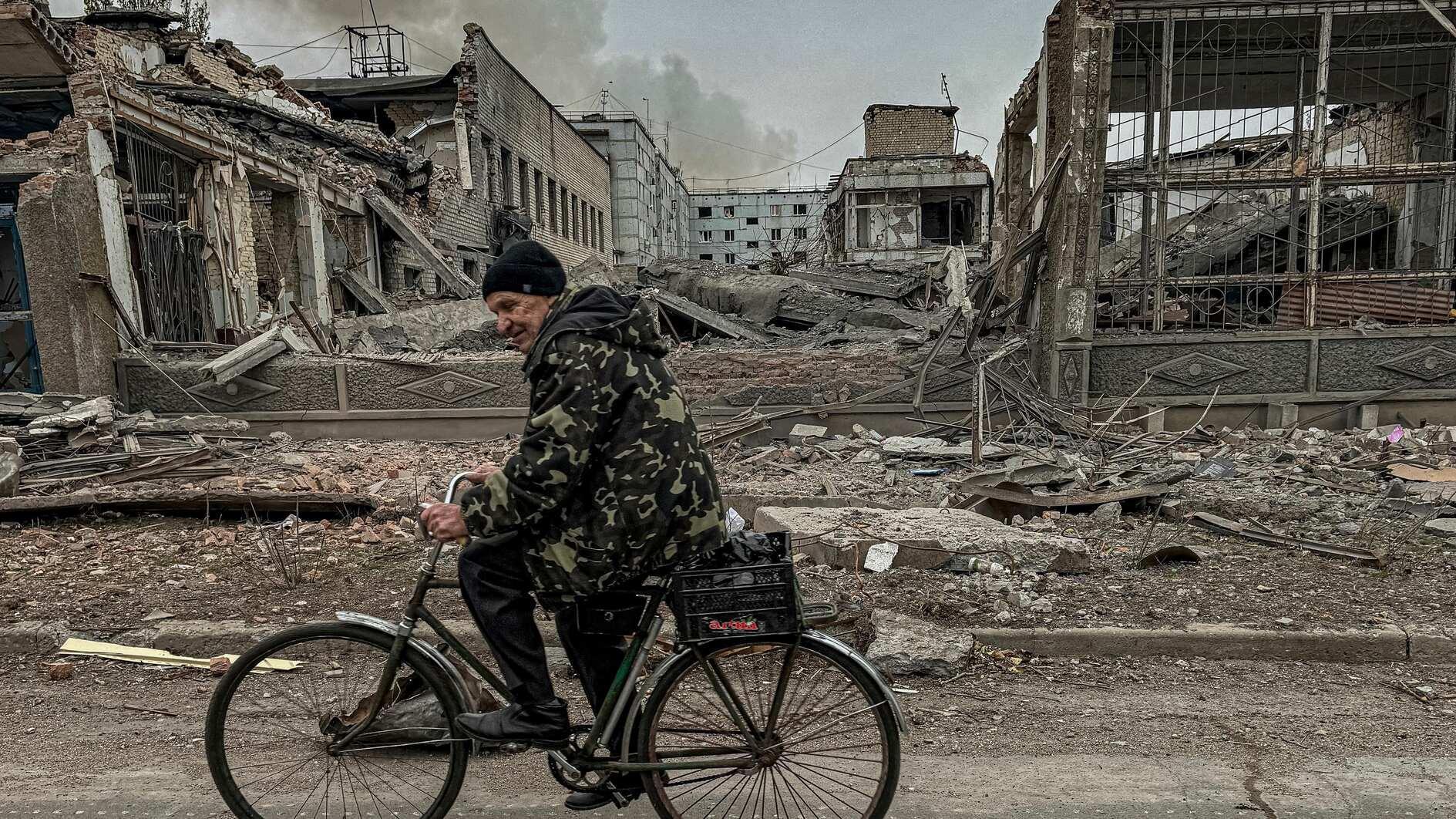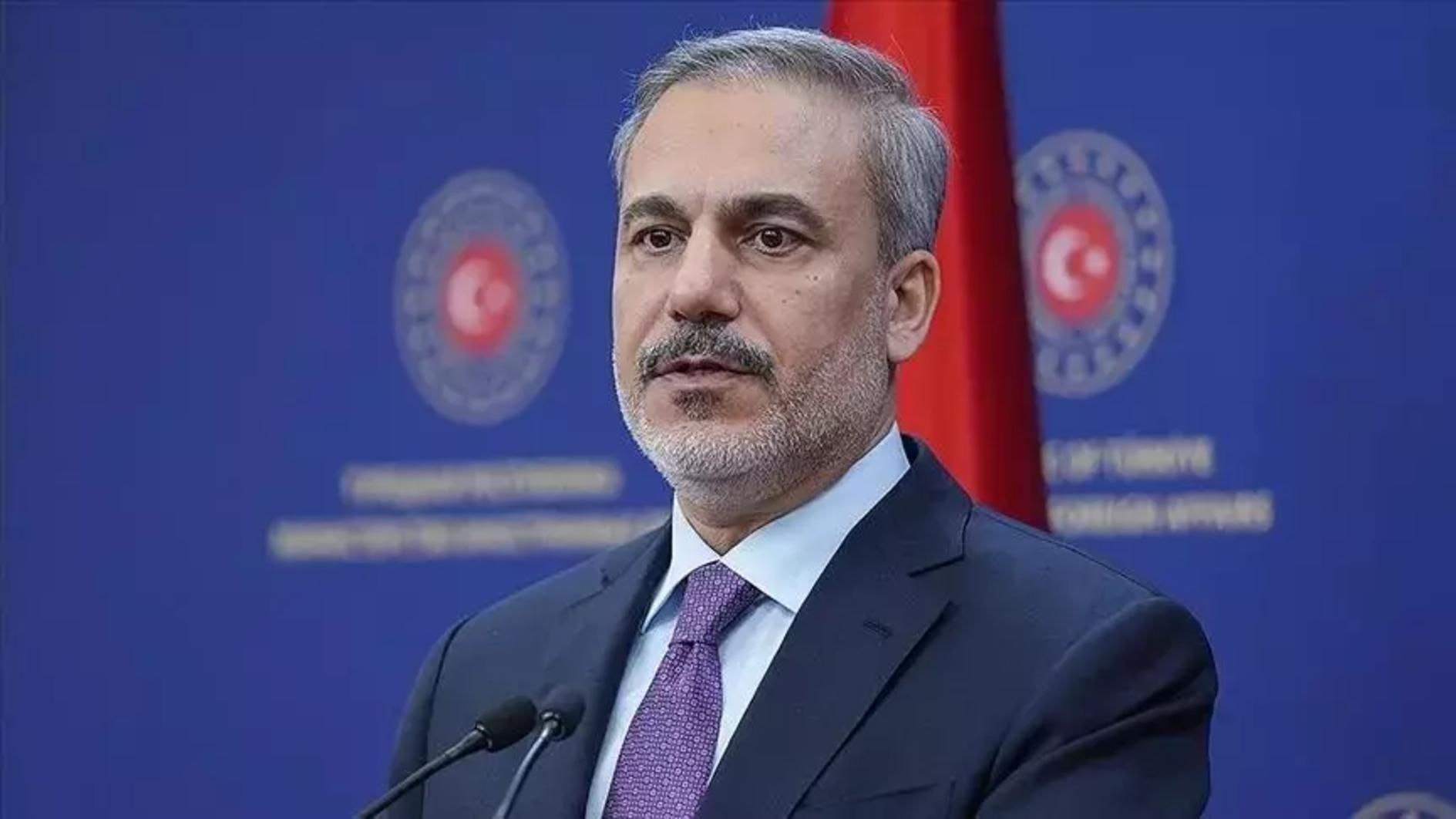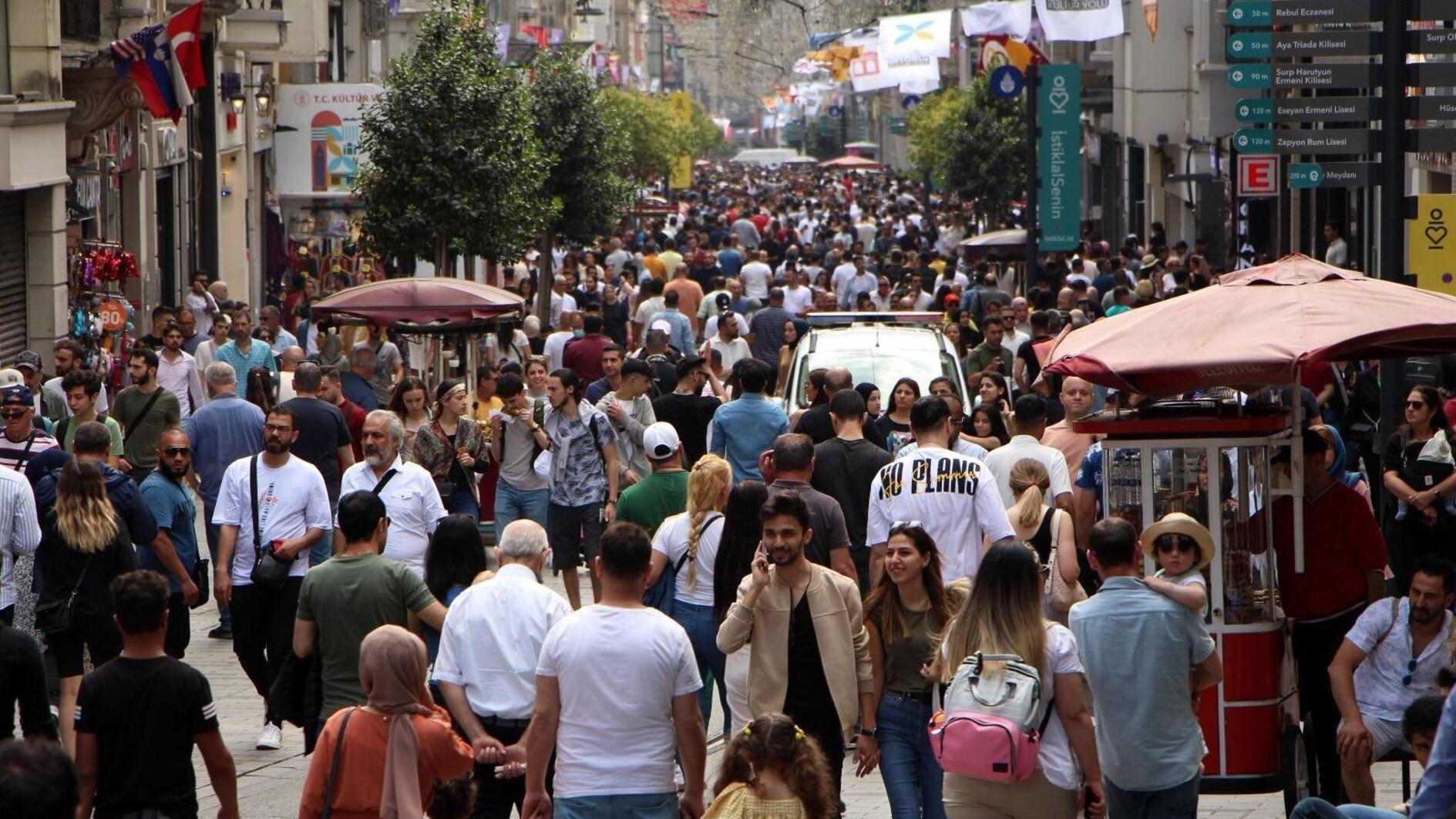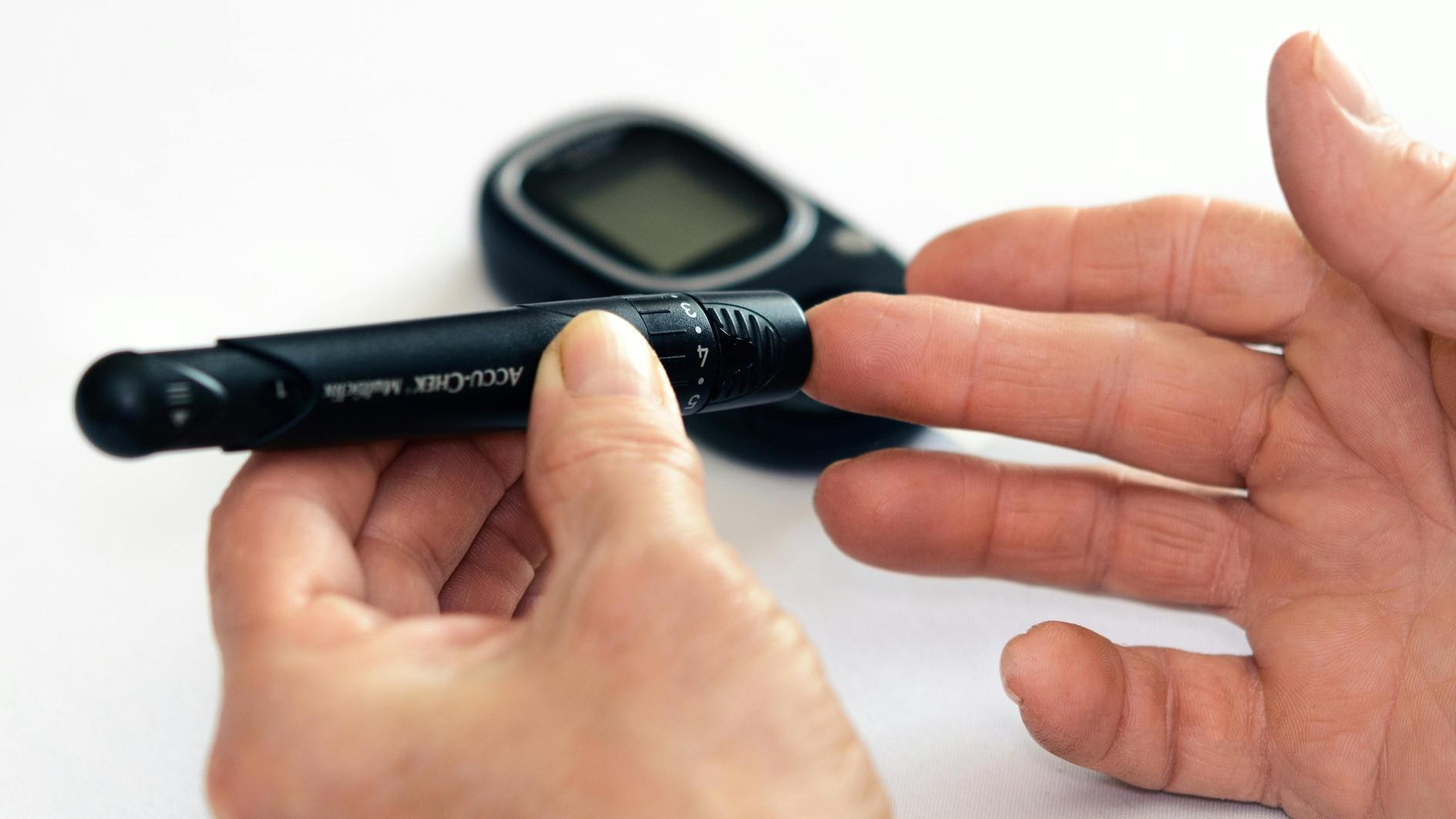15 killed as Iraq struggles to stem unrest
BAGHDAD - Agence France Presse
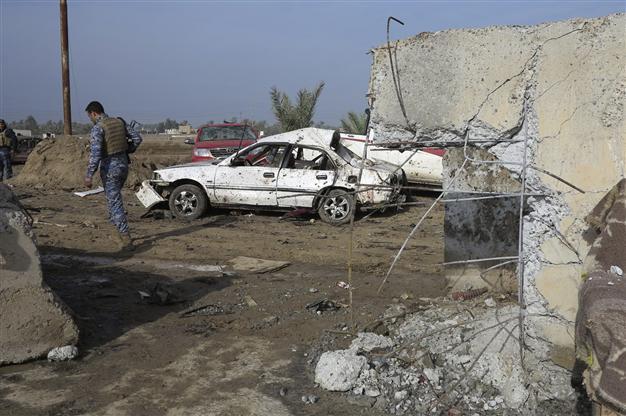
Iraqi security forces inspect the site of bomb attacks at a police station in Ramadi, 100 km (62 miles) west of Baghdad, November 27, 2013. REUTERS Photo
Attacks in Iraq on Thursday killed 15 people as a senior police officer escaped assassination, the latest in a surge of violence nationwide that authorities have failed to stem.The bloodshed, in which more than 6,000 people have been killed this year, is the worst violence in Iraq since 2008, comes just months before a general election, and has forced Baghdad to appeal for international help in battling militancy.
Although there have been no claims of responsibility for much of the unrest, which has drawn international condemnation, officials have voiced concern over a resurgent Al-Qaeda emboldened by the civil war raging in neighbouring Syria.
In the restive city of Tikrit, north of Baghdad, a car bomb targeting Salaheddin provincial police chief Major General Juma al-Dulaimi killed three civilians and wounded two others, police and medical sources said.
Dulaimi himself escaped unharmed.
And a suicide car bombing at a police checkpoint near Samarra, also in Salaheddin, killed three police including a first lieutenant and wounded three more, according to officials.
Meanwhile in Baghdad, a roadside bomb targeting a patrol of Sahwa anti-Al-Qaeda-militiamen killed two people, one of them a Sahwa fighter, and two other bombs elsewhere in the capital left four people dead.
From late 2006 onwards, Sunni tribal militias known as the Sahwa turned against their co-religionists in Al-Qaeda and sided with the US military, helping to turn the tide of Iraq's insurgency.
Sunni militants view them as traitors and frequently target them.
Also on Thursday, gun attacks in the northern city of Mosul killed three people, including two members of the Yazidi religious sect, near their home.
Violence worsened sharply after security forces stormed a Sunni protest camp in northern Iraq on April 23, sparking clashes in which dozens died.
The authorities have made some concessions aimed at placating the protesters and Sunnis in general, such as freeing prisoners and raising the salaries of Sahwa fighters, and have also trumpeted security operations targeting militants.
But diplomats, analysts and rights groups say the government is not doing enough to address the root causes of the unrest, particularly disquiet among Sunnis over alleged mistreatment at the hands of the Shiite-led authorities.
Thursday's attacks take to nearly 600 the number of people killed this month, according to AFP figures based on security and medical sources.
The UN Security Council condemned the recent violence in a statement issued on Wednesday, and voiced support for Iraqi government efforts to tackle the bloodshed.
"The members of the Security Council expressed their deep condolences to the families of the victims and reaffirmed their support for the people and the government of Iraq, and their commitment to Iraq's security," it said.
Prime Minister Nuri al-Maliki used a recent trip to Washington to push for greater intelligence sharing and the timely delivery of new weapons systems in a bid to combat militants, while France and Turkey have offered assistance.


